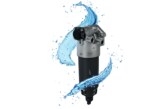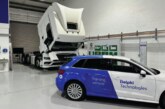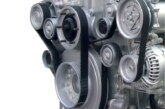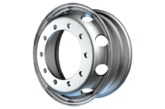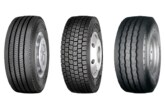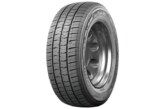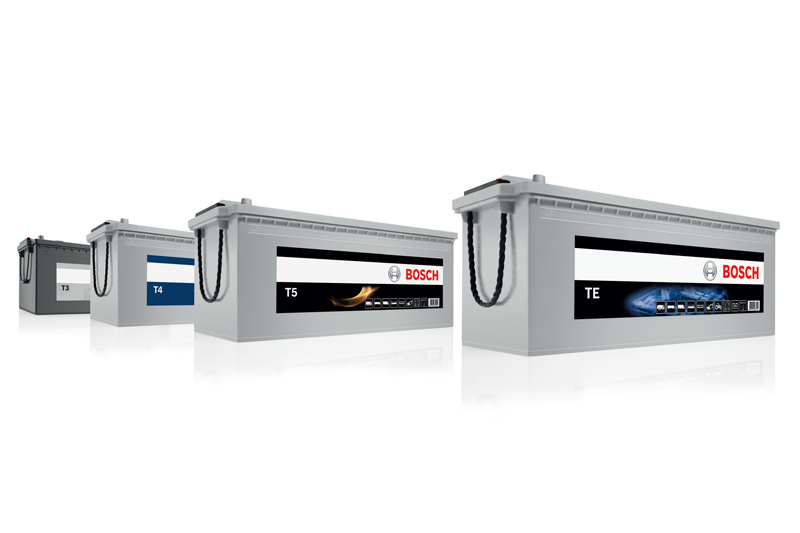
As the strain on commercial vehicle batteries continues to grow, Bosch provides a reminder as to why it is important not to neglect the winter battery check.
On average, modern trucks cover around 90,000 miles every year, and drivers will often sleep inside the cab on up to five days each week. On top of this, batteries need to provide enough power to start the engine the next day. Even in the case of stationary operation, batteries power a wealth of safety and convenience features, and also have to cope with frequent charge and discharge cycles.
Because batteries have to cope with increasing strains, they are one of the key reasons for breakdowns, according to several statistics. Bosch commercial vehicle batteries are powerful, vibration resistant, and maintenance-free and aim to to cut fleet operating costs. However, it is crucial to remember this reduction in cost proves useless if you forget the most important battery check: the winter check.
In colder conditions, vehicle batteries are additionally burdened – low temperatures reduce the capacity of the battery, yet winter leads to additional power consumption due to the increased use of things like rear window and seat heating, lighting systems and fans. These systems are often running simultaneously too, and usually at their maximum output. At the winter check, the mechanic will quickly find out if a weakened battery has to be replaced.
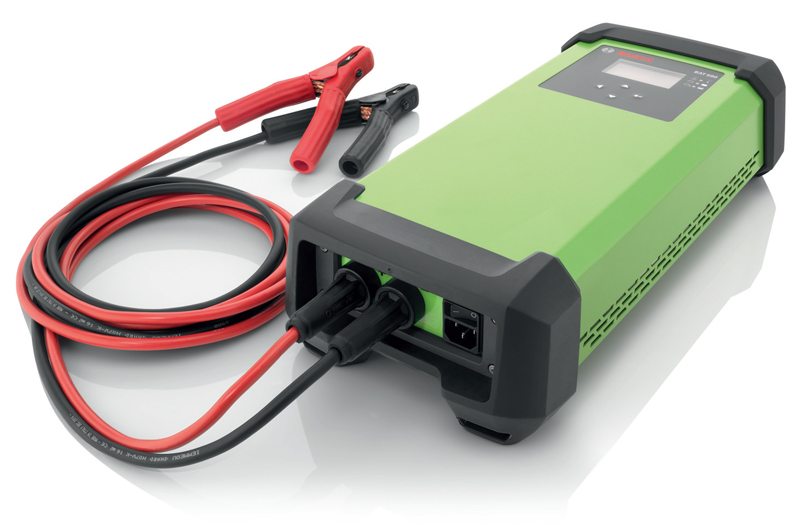
When choosing a replacement battery, it is important to consider its performance and service life. With the T3, T4, T5 and TE, the Bosch battery program for workshops contains a wide range of options. In addition, using the universal battery charger – the BAT 690 – means that workshops can reliably charge and test all types of lead acid batteries.
Did you know?
Vibration resistance is of increasing importance for commercial vehicle batteries. More and more often, the battery is installed close to the rear axle, thus clearing the space required for AdBlue and SCR catalytic converters. In order to cope with the strong vibrations at the rear axle, however, a high vibration resistance is a vital requirement.

